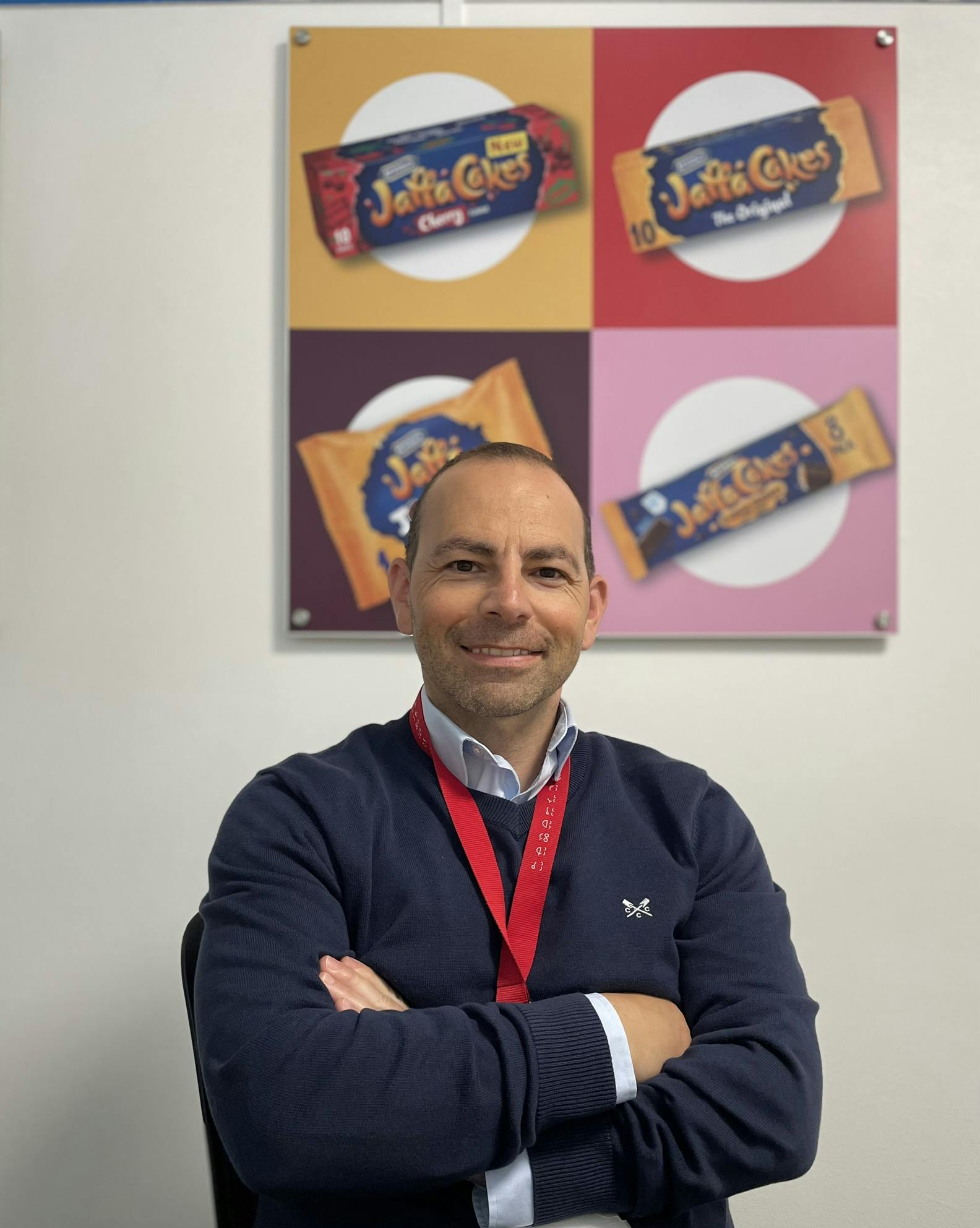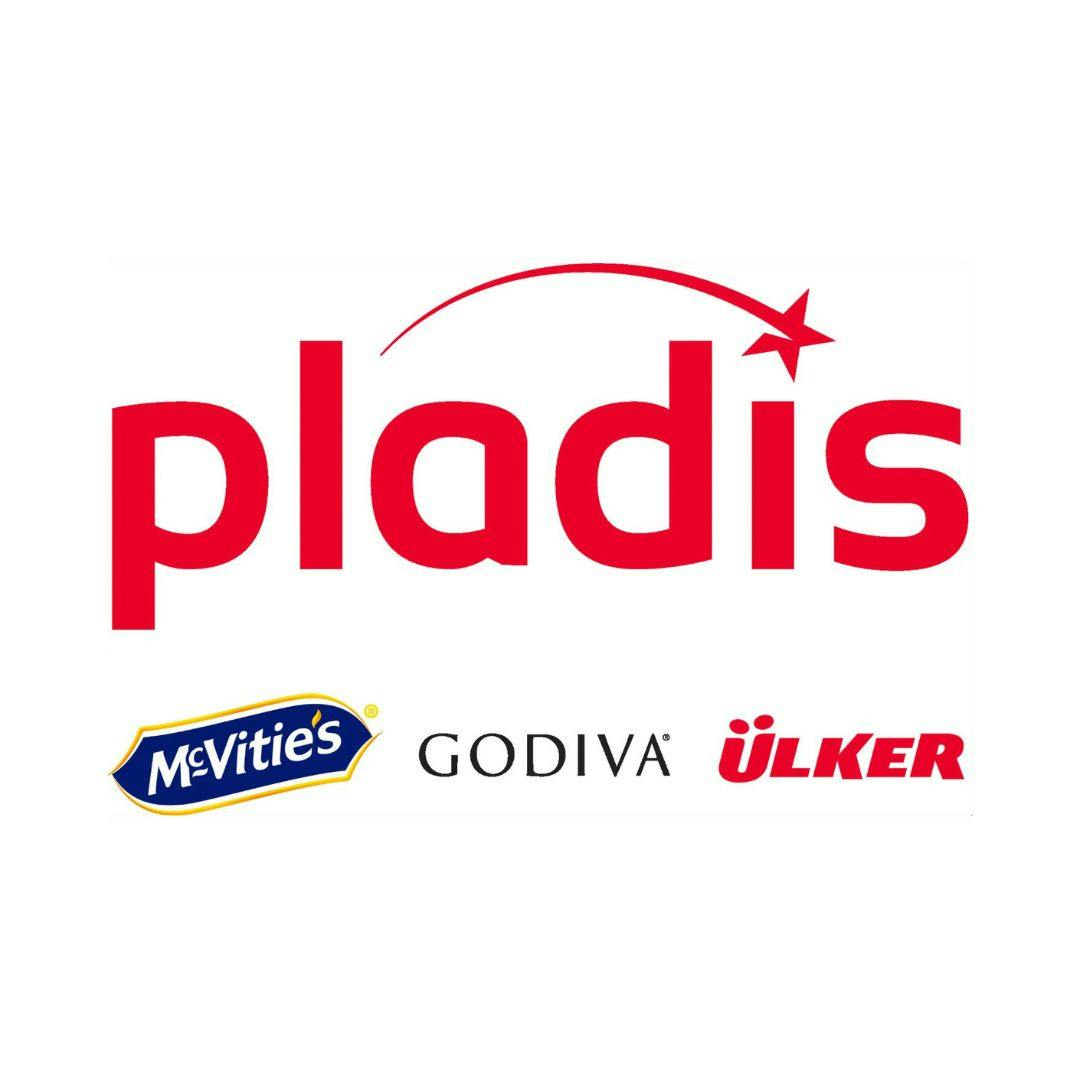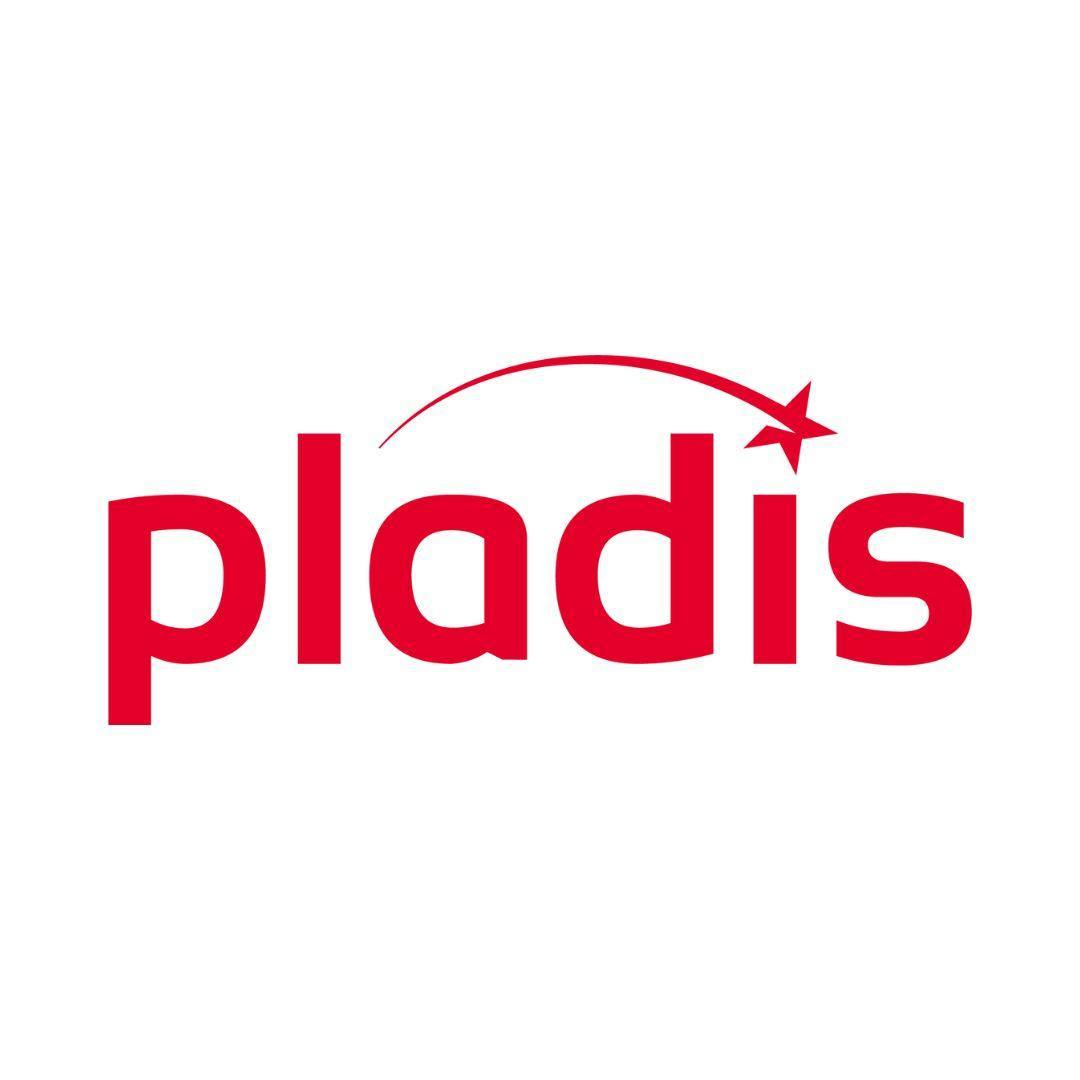Pladis & ORTEC: AI-Driven Supply Chain Resilience
Anthony Buonanno, Head of IT for UK & Ireland at Pladis Global, shares insights on digital transformation, product-based IT, and AI integration. With 25+ years at this FMCG leader, he discusses overcoming legacy challenges, driving global standardization, and partnering with ORTEC to optimize logistics for sustainable growth.

Logistics Excellence: How Pladis Achieves Supply Chain Resilience with ORTEC
In this conversation from our customer interview series, we explore the insights of Anthony Buonanno, Head of IT for UK & Ireland at Pladis Global, a leader in snacks and confectionery with a heritage rooted in United Biscuits. Buonanno shares his perspective on Pladis’ digital transformation journey, the adoption of product-based IT methodologies, and the strategic integration of AI. With over 25 years of experience at the company, he offers practical wisdom on navigating organizational change, overcoming legacy challenges, and advancing global standardization in the fast-moving consumer goods (FMCG) sector. Discover how Pladis collaborates with ORTEC in optimizing logistics for sustainable growth in today's competitive market.
The Foundation of FMCG IT: Stability Before Innovation
In the FMCG industry, staying competitive means moving fast but also getting the fundamentals right. Buonanno is explicit: “Innovation starts with stability and earns trust through consistency. At Pladis, that means ensuring core systems perform reliably across the entire make-sell-ship process before scaling up with AI or advanced analytics.”
Pladis is currently upgrading its legacy platforms step by step. “Some of our warehouse and EDI systems go back to the 90s. They’ve served us well, but now we’re strengthening the foundations so we can innovate with confidence,” he explains.
Innovation starts with stability and earns trust through consistency.
AI Integration
AI has become a strategic priority at Pladis, but Buonanno emphasizes that the focus is on value, not hype. “There’s strong momentum around AI within the company,” he explains. “But we’re equally focused on ensuring our systems work end to end. That’s the platform any real innovation needs.”
One example is the company’s collaboration with Palantir, using Foundry to improve demand planning through integrated data and iterative forecasting. “We’re layering insights onto our planning systems. It’s heading in a good direction, though we’re still learning how to quantify the return,” says Buonanno.
Product-Based IT Model
To stay aligned with business needs, Pladis is moving from traditional project delivery to a product-based IT model. This approach organizes IT around functional pain points and delivers continuous value through cross-functional squads.
Buonanno describes this as a cultural shift: “Product-based IT gives us the agility to solve real business pain points. It helps us work closely with the business and iterate where needed.” While the transition is still in early stages, it’s already reshaping how IT engages with internal stakeholders.
That agility is key to building trust. “You gather ideas, run workshops, get people excited, and then you need to deliver. Funding isn’t always guaranteed, but when you keep showing value, you build momentum.”
Logistics Transformation with ORTEC
Pladis’ collaboration with ORTEC has become a cornerstone in its logistics transformation. Unlike many food manufacturers that outsource transportation, Pladis manages its own transport and warehousing, making a customized, scalable solution essential.
“We needed something that really fit the way we operate,” says Buonanno. “We’re not just looking to shave a few minutes off delivery time. We’re managing a complex in-house system that needs to be cost-effective, reliable, and responsive.”
ORTEC had been on Buonanno’s radar for some time: “I’d seen them at events, and colleagues were familiar with them too. When we ran the RFP, I was genuinely pleased they came out on top.”
The implementation, centered on ORTEC Route Optimization (ORD) and ORTEC Load Optimization (OLO), proved to be both effective and well-supported. “They put in real effort during the implementation phase. It made a big difference,” he reflects. “ORD and OLO work. They’re stable and reliable. When we need support, ORTEC delivers. Incidents are resolved properly, and escalations are handled professionally.”
This level of performance matters. In FMCG, where margins are tight and supply chains are vulnerable to disruption, logistics isn’t just a back-office function. It’s a strategic enabler. “We know we’re in good hands,” says Buonanno. “And that gives us confidence to focus on other areas of innovation.”
Global IT Standardization vs. Local Flexibility
As Pladis grows internationally, it’s working toward global standardization without sacrificing local responsiveness. That balance is crucial, says Buonanno: “Global scalability and local flexibility — that’s the sweet spot.” While systems at United Biscuits were once highly customized to individual users, the goal now is to create solutions that scale across regions while meeting specific market needs. “From the UK to Egypt and Nigeria, IT must support both alignment and adaptability. We want platforms that unify processes while leaving space for regional variation where it matters.”
The Human Side of Transformation
Buonanno believes that systems are only as effective as the teams behind them. “Transformation is about people. Culture is key,” he says. Programs like “Win as One Pladis” foster team spirit through global awards, workshops, and recognition events. “It’s a big step forward in building a shared IT identity.”
His leadership style is rooted in honesty and accountability. “You can’t promise what you can’t deliver. What concerns me most is engaging people and then falling short. After 25 years here, this place feels like family. I try to be honest, even when it’s tough.”
Strengthening Digital Resilience Against Cyber Risks
Cybersecurity is a top priority for Pladis, especially given the sector’s increasing reliance on digital systems. “We’ve seen how cyber threats can affect not just IT, but production and distribution too,” Buonanno notes. “That’s why we’re making significant investments in security. It’s essential to protect operations and customer trust.”
In FMCG, downtime isn’t just inconvenient. It disrupts everything from supply chains to shelf availability. For Pladis, digital resilience is part of business continuity.
Bridging Gaps in Commercial IT: Continuity and Value
While functions like logistics benefit from long-tenured teams, commercial IT has seen higher turnover, making it harder to maintain continuity. “You build a relationship, and then someone moves on. That breaks momentum,” says Buonanno.
The product-based model could help close that gap. “With stable teams and the right funding, we can extend the same value and reliability to commercial IT.”
Advice for Fellow IT Leaders
Buonanno offers grounded and practical advice:
Secure strong business ownership and clear requirements.
Don’t assume every tool labeled AI or ML delivers real value.
Get your foundations right. Innovation depends on it.
Avoid massive overhauls; small, deliberate steps work better.
Looking Ahead: Building a Lasting IT Strategy
Pladis continues to strengthen its global IT footprint. “We’re moving in the right direction. There’s more clarity in roles, more structure, and a stronger foundation,” Buonanno says. “We’re not trying to transform everything overnight. We’re building something that lasts.”
Discover how Pladis Global achieves supply chain resilience through smart logistics, AI strategies, and digital transformation. Learn from Anthony Buonanno how product-based IT models and ORTEC collaboration boost FMCG efficiency.
About Anthony Buonanno
Anthony Buonanno is Head of IT – IS Lead for the UK & Ireland at Pladis Global. He is responsible for regional IT strategy and delivery, and plays a key role in aligning local systems and teams with the company’s broader global transformation.
With over 25 years at the company, Anthony brings deep cross-functional experience, having previously worked in customer service, supply chain, and solution delivery roles before moving into IT leadership. “Rather than rushing into transformation, Pladis follows a pragmatic path. This helps the company build the resilience needed for sustainable progress.”

About Pladis Global
Pladis Global is one of the world’s leading snack companies, home to iconic brands like McVitie’s, Jacob’s, Carr’s, and Go Ahead. With a global footprint spanning the UK, Ireland, the US, Europe, the Middle East, and Asia, Pladis operates numerous manufacturing sites and supplies over 4 billion biscuits annually to more than 120 countries. “We make, sell, and ship snacks that people around the world love,” says Anthony Buonanno. “That sounds simple, but keeping it running smoothly is anything but.”
While the company continues to rely on traditional manufacturing and logistics, it is undergoing a complex transformation toward a globally aligned IT organization. From deploying optimization software for route planning to exploring AI-driven demand forecasting, Pladis is modernizing core systems while maintaining the resilience of its day-to-day operations. “You can’t layer innovation on top of dysfunction,” Buonanno notes. “The fundamentals have to be solid first.”



